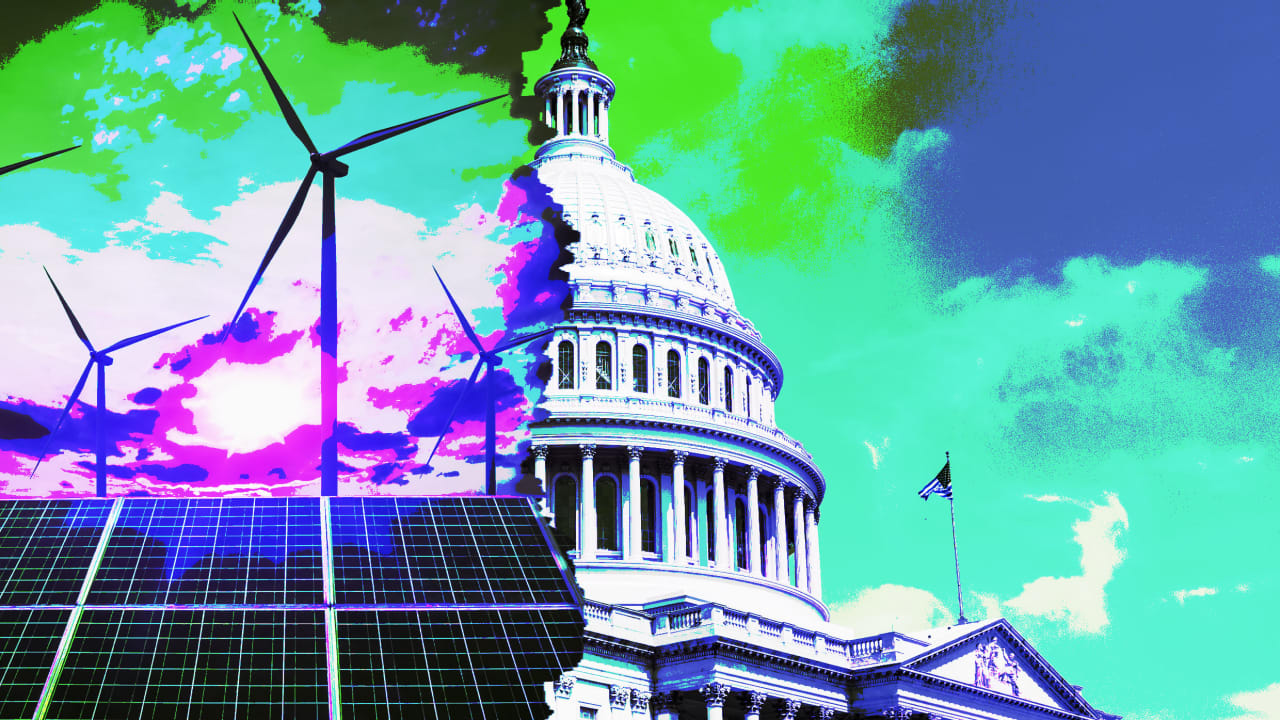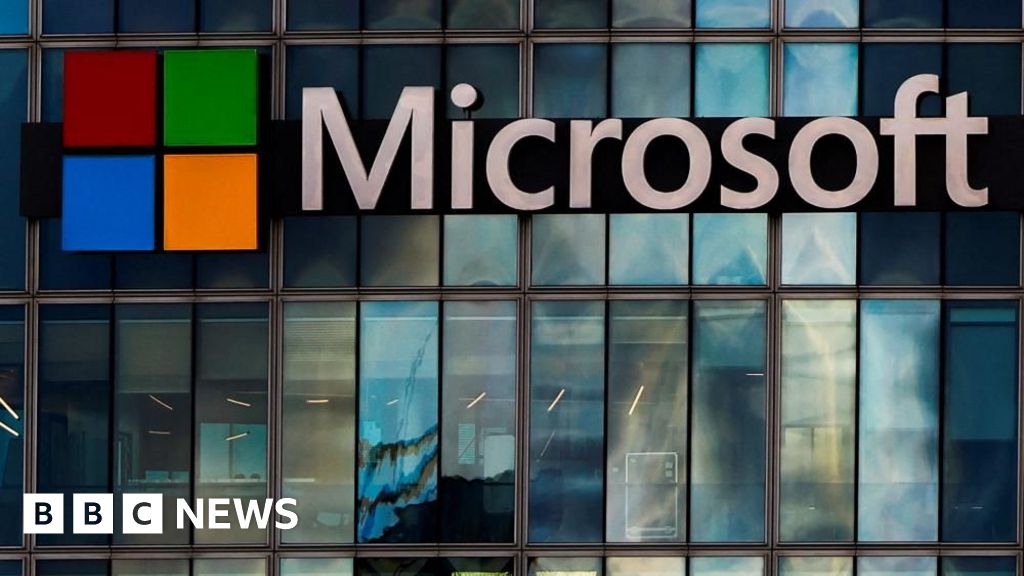Elon Musk is right: Trump’s Big Beautiful Bill could hurt clean energy

Donald Trump’s Big Beautiful Bill Act has passed through the Senate thanks to Vice President JD Vance’s tiebreaking vote. But alongside the late-night drama in the chamber this week, another wave of developments has unfolded online.
Elon Musk, once President Trump’s closest confidante during the early months of his second presidency, has broken his social media silence to criticize what he calls the “insane spending bill” and has even threatened to launch a competing political party to challenge both Republicans and Democrats.
The Musk-Trump relationship, once warm, soured last month and has taken a new turn. The president has now threatened to consider deporting the South African businessman over his outspoken opposition.
Musk argues the “utterly insane and destructive” bill “will destroy millions of jobs in America and cause immense strategic harm to our country!” According to the SpaceX and Tesla CEO, the bill provides “handouts to industries of the past while severely damaging industries of the future.”
He contends that the bill removes subsidies for electric and clean-fuel vehicles, reduces the value of tax credits for new wind and solar projects, and speeds up the phaseout of existing ones. In doing so, Trump is undermining the United States’ energy transition toward cleaner fuels—crucial for combating climate change and keeping the American economy competitive.
Putting aside the name-calling and dramatic threats that mark any clash between Musk and Trump, some experts agree with Musk.
“This bill is a huge setback for clean energy development in the United States,” says Daniel Cohan, professor of civil and environmental engineering at Rice University. He warns that current decisions risk stalling clean energy growth, while other countries, including China, push forward with renewables.
“It takes away support for the technologies that matter most for cutting emissions—solar, wind, batteries, and electric cars—while wasting money on ones that don’t, such as biofuels and carbon capture for oil recovery,” explains Cohan.
Beyond the environmental consequences of cutting subsidies and benefits for clean energy, the bill may have economic impacts likely to concern Trump more directly. One analysis by the Rhodium Group predicts that the bill’s provisions could cost 300,000 jobs and result in $220 billion in lost clean energy investment in the U.S. by 2030.
Still, not everyone agrees with Musk. “Musk’s faith in the economic viability and value of unconventional power, and the need to maintain the subsidies and other subventions, is wholly misplaced,” says Benjamin Zycher, senior fellow at the American Enterprise Institute, a center-right think tank.
There are some silver linings for forward-looking energy sectors. “The removal of fuel sourcing restrictions and retention of PTCs confirm strong federal support for advanced nuclear technologies,” says Julien Dumoulin-Smith, energy analyst at investment bank Jefferies. “These provisions are expected to accelerate next-gen reactor deployment and reinforce the value of existing assets.” Dumoulin-Smith calls the bill “as best an outcome that could have been expected [for renewables] after direct intervention by Trump earlier on renewable credits,” though he acknowledges it may still hurt the industry.
Whether the bill will damage the country—or Trump’s presidency—may depend on how aggressively Musk chooses to fight back. But it could also come down to employment. “This bill will reverse progress on bringing clean energy manufacturing and deployment jobs to the United States at a time when China and other countries are dramatically ramping up their efforts,” says Cohan, the Rice University professor.
For a president fixated on putting America first, that may prove to be the most consequential outcome.
What's Your Reaction?
 Like
0
Like
0
 Dislike
0
Dislike
0
 Love
0
Love
0
 Funny
0
Funny
0
 Angry
0
Angry
0
 Sad
0
Sad
0
 Wow
0
Wow
0





























































































